BSc (Hons) - Sport Rehabilitation
Do you want to positively contribute to sporting performance and public health? This course is designed to give you the industry knowledge, skills and enhanced employment prospects to kickstart your career in sport rehabilitation.
You will learn to prevent, examine and treat sports related injuries, while practising in facilities including our rehabilitation clinic, strength and conditioning room, and biomechanics and physiology laboratories. Our tutors are industry professionals who will support you throughout the programme, including helping you to pursue your own interests.
Beyond the university setting, you will complete at least 400 hours of work experience, with opportunities to work with professional sports teams and in sports rehabilitation clinics, fitness centres, and the NHS. You will also support ultra-endurance runners taking part in the annual Brathay 10 in 10 (10 marathons in 10 days) event.
In addition, you will enhance your CV by completing a range of courses and qualifications, including Rocktape, Pre-Hospital Immediate Care in Sport, and a Strength and Conditioning Trainer qualification endorsed by the Chartered Institute in the Management of Sport and Physical Activity (CIMSPA).
Accredited by the industry-leading British Association of Sport Rehabilitators and Trainers (BASRaT) and in association with the World Federation of Athletic Training and Therapy (WFATT), our course will fast-track your job hunt and set you up for success through enhanced national and international employment prospects.
Course Overview
This course offers a comprehensive and practical education in sport rehabilitation, combining clinical knowledge, hands-on therapeutic skills and professional development.
You'll gain a solid understanding of human movement, anatomy and biomechanics, learning to assess, treat and prevent a range of musculoskeletal and sports-related injuries. Emphasis is placed on applying this knowledge in real-world settings, with opportunities for placements across sports clubs, clinics and healthcare environments.
Throughout the course, you'll develop clinical reasoning and therapeutic competencies in areas such as manual therapy, exercise prescription, strength and conditioning, and neurodynamics. You'll also engage in injury screening and pre-habilitation strategies designed to optimise athlete performance and reduce injury risk.
In addition to practical skills, you'll explore research methodology and undertake an independent investigative project, allowing for specialisation in an area of personal interest.
Our sport courses are ranked 1st in the North West for continuation and 2nd in the North West for career prospects (Guardian University Guide 2023 Results).
On this course you will...
- Help people recover from sport and physical activity-related injuries and conditions. You will positively contribute to sporting performance and public health.
- Develop hands-on techniques, learning skills such as sports massage, musculoskeletal injury assessment, and joint mobilisations and manipulations.
- Become creative in your ability to devise and implement functional and sport-specific exercise rehabilitation to restore athletes, from recreational up to elite levels of performance.
- Put theory into practice by completing placements early on in your studies. Past students have worked with professional sports teams, sports rehabilitation clinics, fitness centres, and the NHS.
- Complete a range of courses and qualifications to enhance your CV, including Rocktape, Pre-Hospital Immediate Care in Sport, and a CIMSPA endorsed Strength & Conditioning Trainer qualification.
What our students say
-
![Jane Day, Sport Rehabilitation]()
I have enjoyed every aspect of the course so far, never a dull topic as it is so vast in what can be learnt. The course is very interesting and the endless possibilities of what can be explored in the world of sport and what the human body can handle are never-ending.
Jane Day, Sport Rehabilitation
Jane left the military and chose to study Sports Rehabilitation after being personally helped by a sports rehabilitation specialist. She wanted to help people who had the same barriers to cross that she did.
-
![Ben Hargreaves, Sport Rehabilitation with Integrated Foundation Year]()
I couldn’t recommend the university any more highly. If you’re thinking of returning to education and you're unsure then a foundation degree is certainly something to consider to gain all those vital skills needed for higher education study.
Ben Hargreaves, Sport Rehabilitation with Integrated Foundation Year
Ben spent nearly 15 years out of education before deciding he wanted a change in his career. He used our 4-year Integrated Foundation Year route into Sports Rehabilitation to get back into education.
Discover Sport Rehabilitation at Cumbria
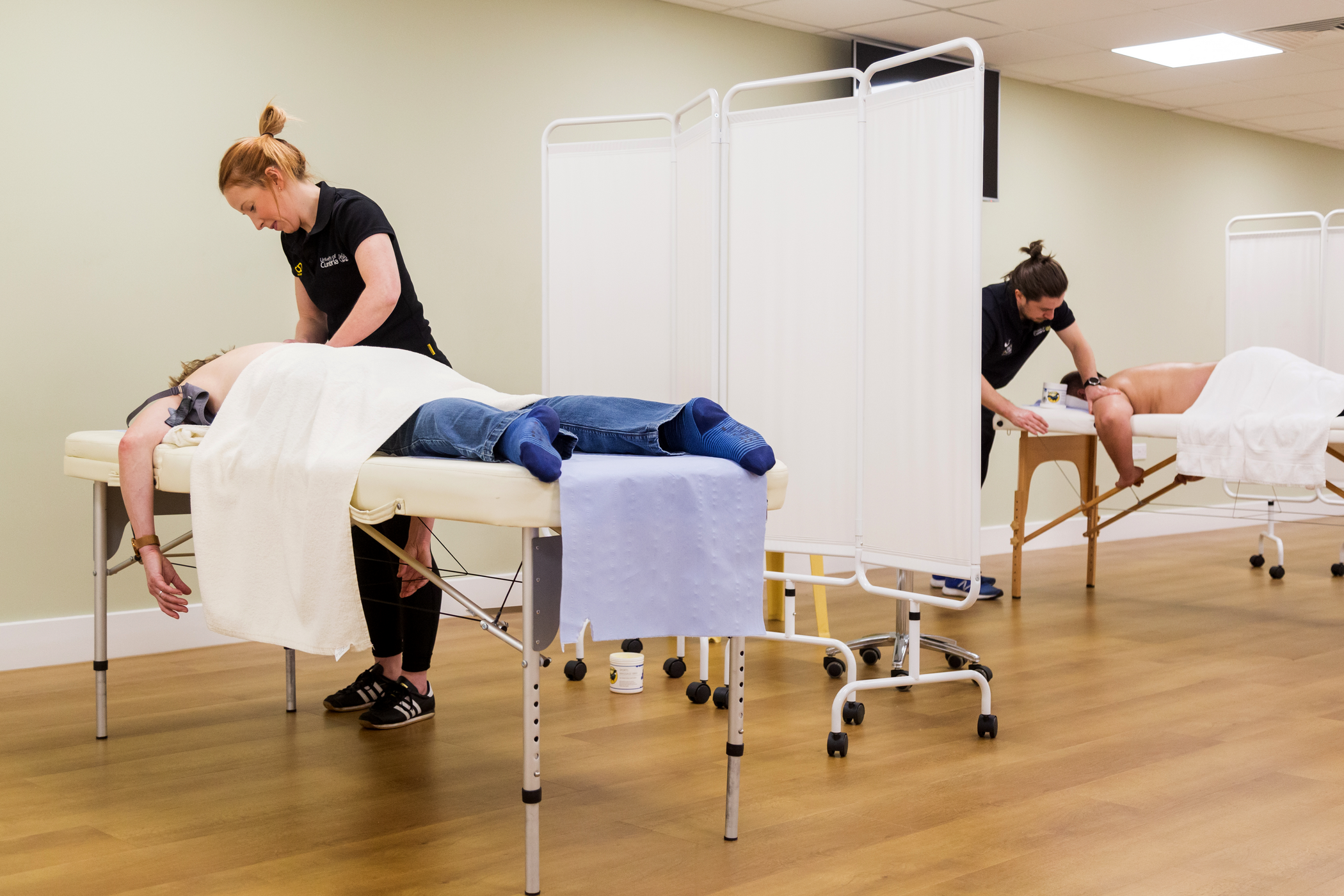
.jpg)
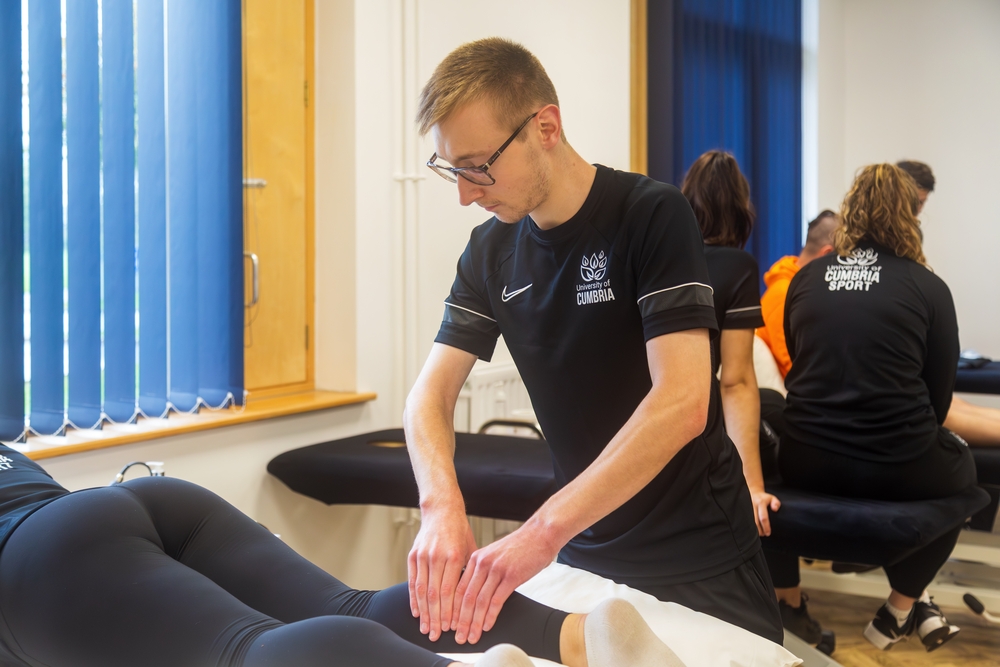
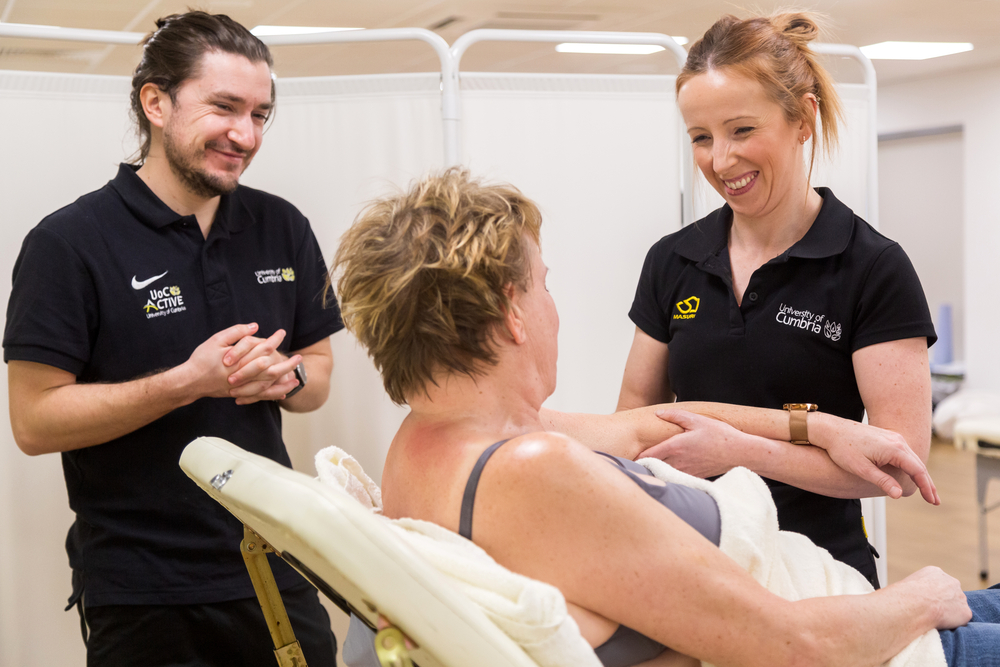
.jpg)
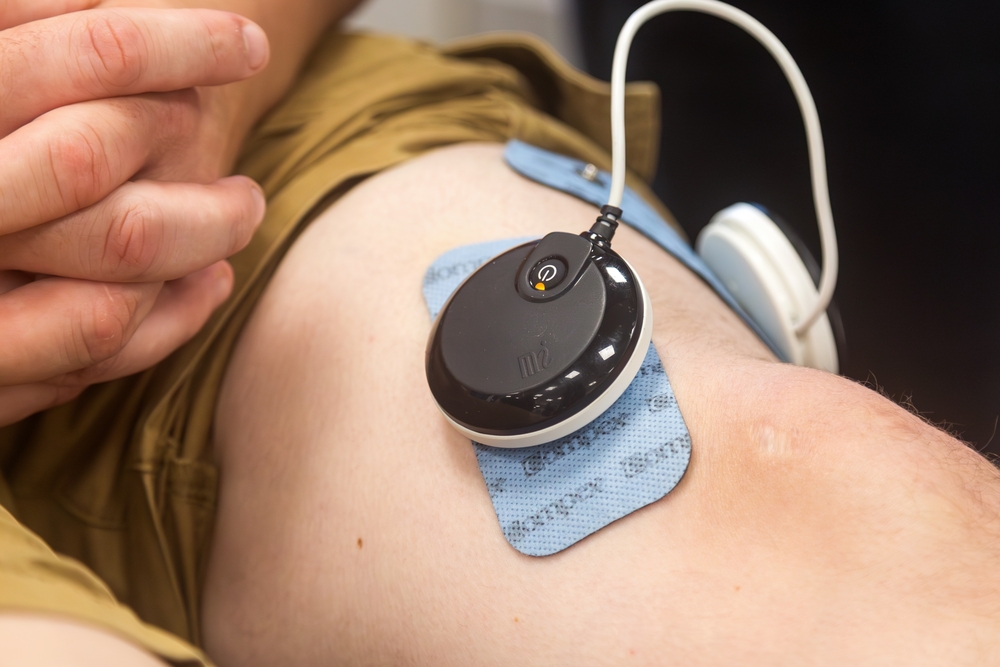
.jpg)
Location
Lancaster Campus
Lancaster is the Red Rose heartland, a student haven full of history and culture. With iconic stone architecture, parkland, and a caring community, this is the place to get involved. The campus houses top-quality facilities tailored to the needs of life-savers, world changers, and future leaders.
Find out more
Find out more about studying with us
Attend an Open Day at Cumbria
An Open Day is your opportunity to explore one of 5 campuses, meet your lecturers, and find out how the University of Cumbria could become your new home.


-(1).png)
-(1)-200x119.png)
-850x566.jpg)
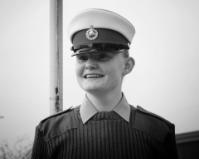
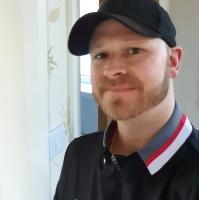
.webp)


